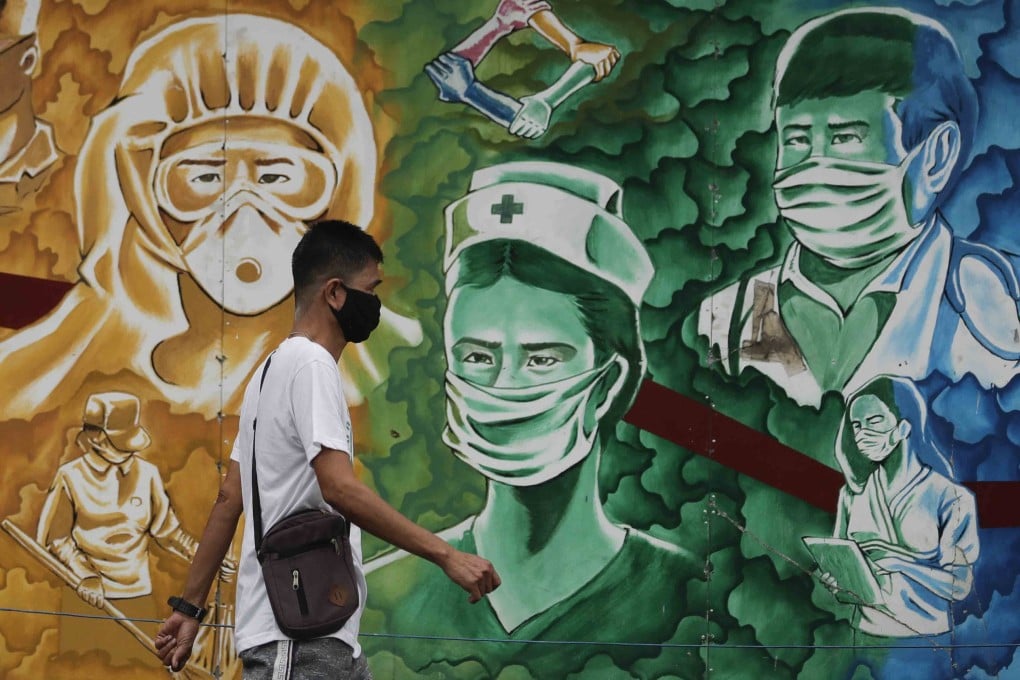Advertisement
Coronavirus vaccine roll-out in Philippines gets boost with law to give drug companies immunity from lawsuits
- Covid-19 Vaccination Programme Act gives public officials and drug makers immunity from civil and criminal lawsuits except in cases of gross negligence and wilful misconduct
- Senate President Vicente Sotto III says it will have no effect on charges against Sanofi executives involved in the 2016 Dengvaxia scandal
Reading Time:4 minutes
Why you can trust SCMP
2

The Philippine Congress has given its approval to a new law that is expected to speed up the roll-out of coronavirus vaccines in the Philippines by protecting the drug companies that make them from most lawsuits.
The Covid-19 Vaccination Programme Act was passed by both the Senate, in a 22-0 vote, and the House of Representatives on Tuesday and is now expected to be signed into force by President Rodrigo Duterte.
The development follows the news last week that deliveries of 117,000 vaccine doses from Pfizer BioNtech and 5.5 million doses from Oxford-AstraZeneca (under the World Health Organization’s Covax Facility) had stalled because the drug makers were demanding that indemnity clauses be inserted into the purchase contracts. It is hoped that with the new law, the drug makers will no longer see the need for such clauses.
Under the law, all “public officials and employees, contractors, manufacturers, volunteers” and representatives of private companies carrying out authorised Covid-19 vaccination programmes will be immune from criminal and civil lawsuits, except in cases involving wilful misconduct and gross negligence.
Advertisement
The law also paves the way for a 500 million pesos (US$10 million) indemnity fund that will be used to compensate victims or their families in cases where vaccine usage causes “death, permanent disability or hospital confinement”. The fund will be covered by the government and there is no requirement for vaccine makers to contribute.

Advertisement
Dr Kenneth Hartigan-Go, a former health undersecretary who is now a non-resident research fellow at the Ateneo School of Government, welcomed the new law saying it addressed the drug companies’ concerns.
Advertisement
Select Voice
Select Speed
1.00x